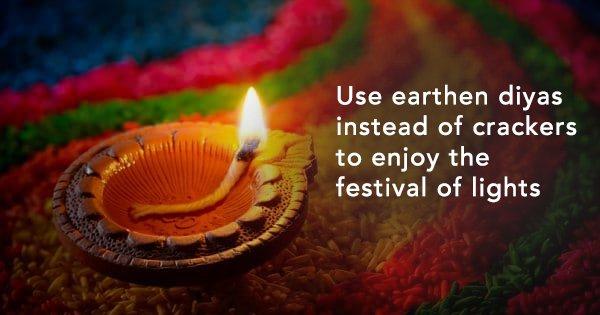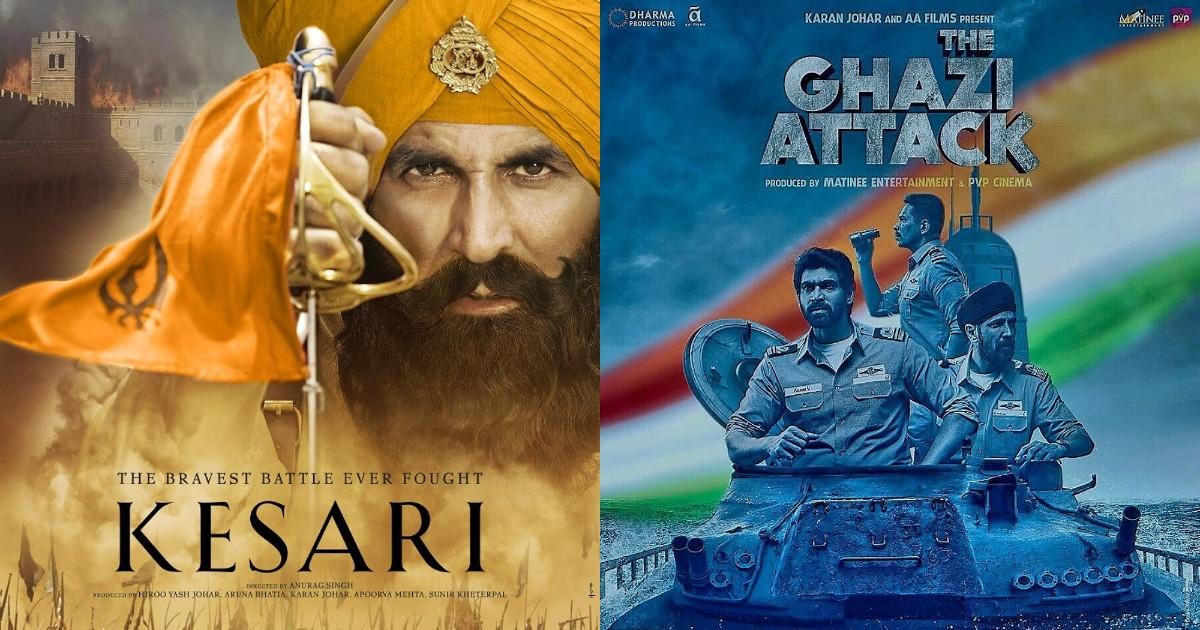I remember visiting a great grandaunt of mine when I was 12. She was old and couldn’t see properly but she could talk. She called me close to her and as I sat by her bed, an awkwardness gripped me. She was going to talk in Punjabi and I could not speak a word in that language.
I realized that I could not ask her stories from my father’s childhood and nor could I enquire about the her famous pickle recipe. How I wished she knew English!
In my head, English was the better language.

You see, when I was sent to an English-medium school, the first thing I learnt was that they didn’t quite appreciate my mix of Hindi and Punjabi. Both the languages were ‘banned’ from my school. You could only talk in English or, as rumour had it, be fined.
So, from the age of 5, my mother tongue was forcefully snatched away from my tongue and I was taught to roll my ‘R’s in a way that was befitting of an English speaker.
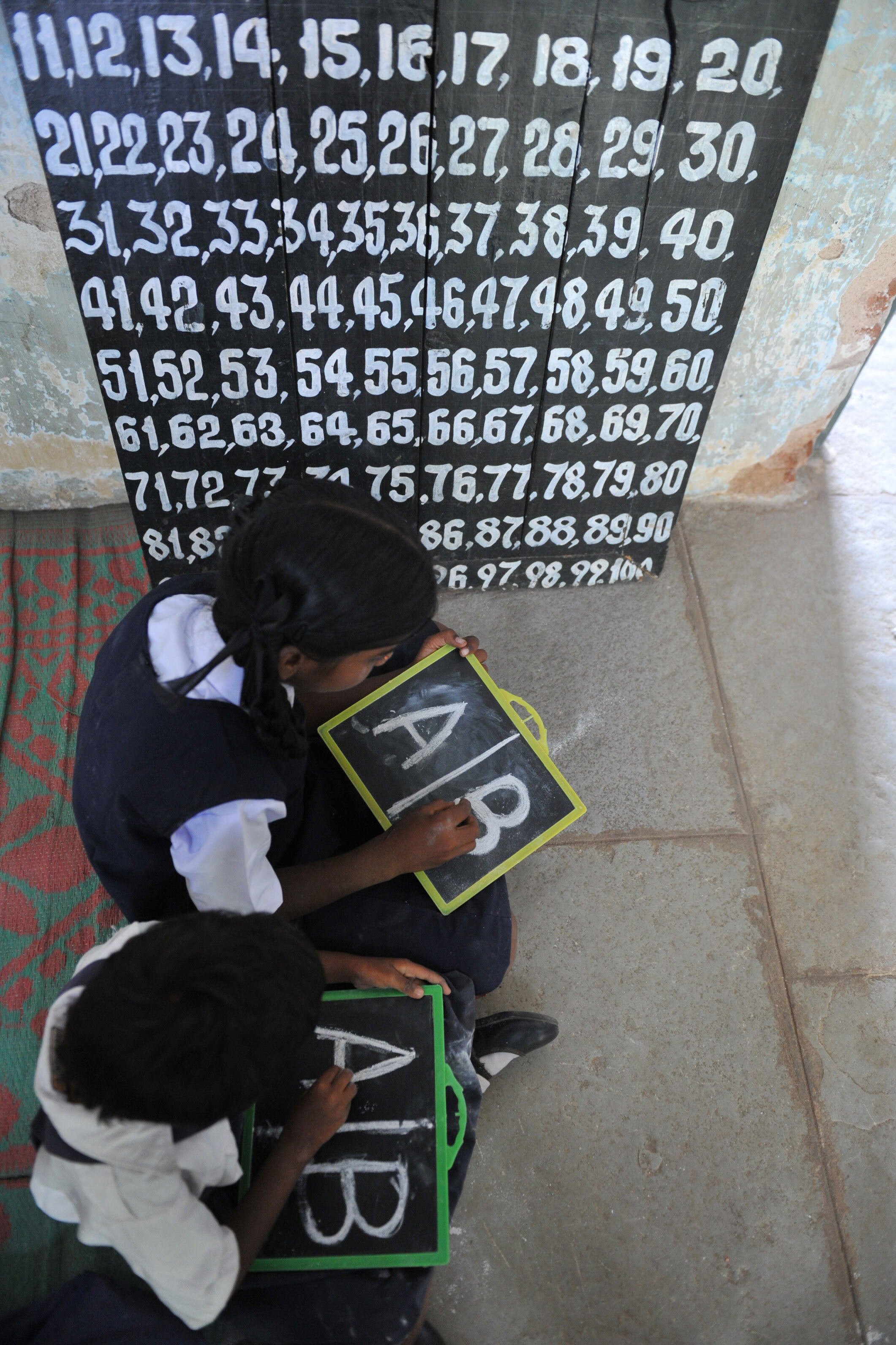
So obviously, by the time I hit my teenage and started to grapple with the concept of ‘being cool’, English became the superior language.
I started drowning my mother’s folk songs with Akon’s adult lyrics and my father’s Punjabi poetry with British Literature. In my head, I was taking on to a much superior language. A subtle, sophisticated language as compared to my crass mother tongue. I became ashamed of it and started running away.
‘Can you speak in Punjabi?’ ‘No way!’
It was only much later when I started listening to old folk songs and read Amrita Pritam’s poetry that I fell in love with my own language. The way the words formed was so precious. Pritam’s Main Tenu Pher Milangi was characteristic of a heartbreak that could not be translated into English even after various attempts.
And the joy of a wedding could be expressed only through my beloved Punjabi songs and it irked me that I couldn’t sing along with my elders. You see, the bittersweet emotions regarding vidai can never be conveyed in English.
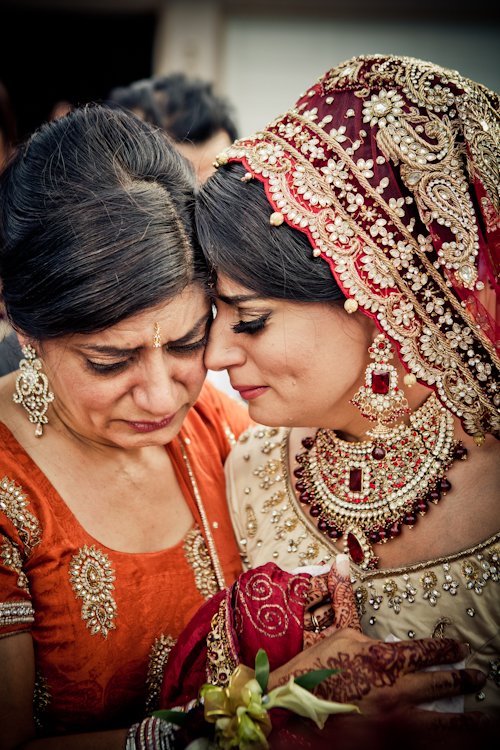
English is important when it comes to official work. To be fair, it is one of the languages that helps us interact with people from different parts of India, and the world. However, sadly, it has now become a sign of elitism. But for me, it is the death of my mother tongue.
I know that I’m more fluent in the foreign language and I’m scared that I won’t be able to teach my children their mother’s language, and by extension, their culture.
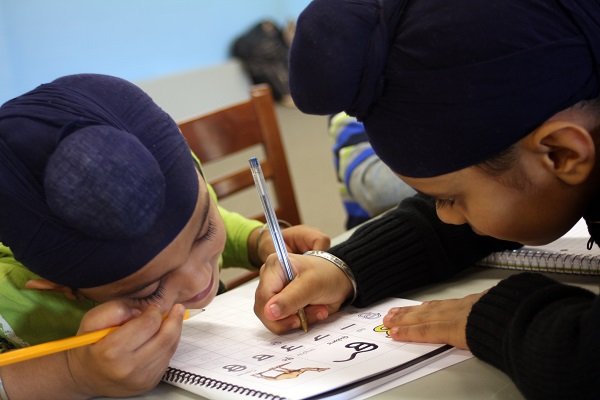
In our attempt to emulate the West, we’re giving up on languages that are an integral part of our identity. I’ve only recently tried to connect with Punjabi, my mother tongue and the first language that taught me how to communicate. And now, as I listen to an old Punjabi song on birha (or the feeling of longing for a reunion), it is like wrapping myself up in layers of my own culture that I’ve been out of touch with.





